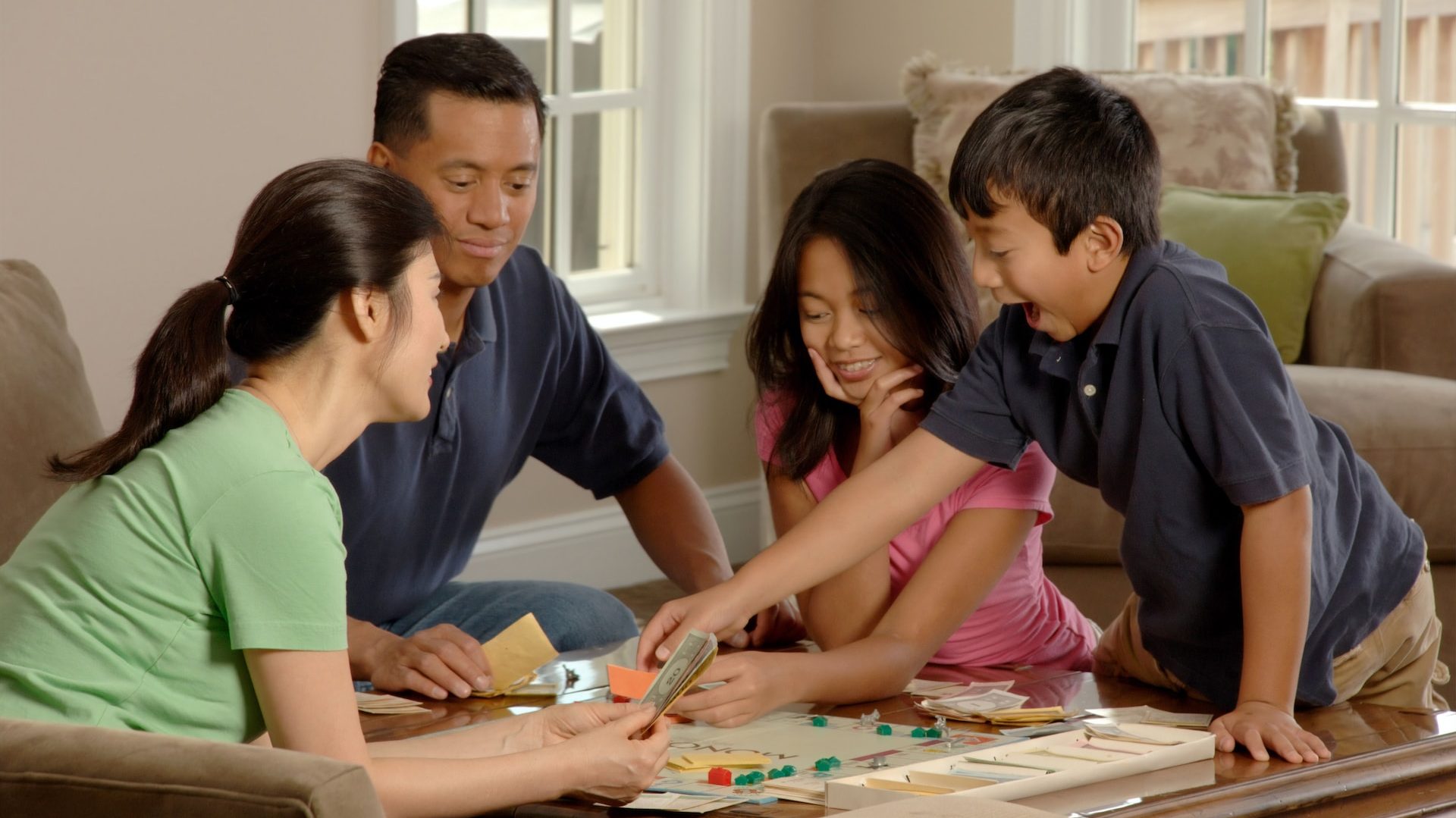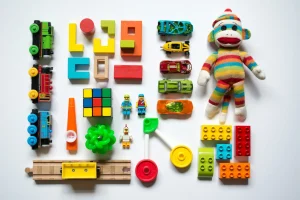Educational Board Games: More Than Just Play

Table of Contents
Board games aren’t just about fun and competition. They’re treasure troves of learning, especially for children. If you’re a parent or seeking the perfect gift for young ones, it’s time to delve deeper into the educational goldmine of board games.
1. Sharpening Cognitive Skills
Board games like ‘Chess’ and ‘Go’ are not just games; they’re brain workouts. They encourage abstract thinking, problem-solving, and strategic planning. A study by Hassinger-Das, A. S. Bustamante, K. Hirsh-Pasek, and R. M. Golinkoff (2018) even confirms their power in enhancing cognitive skills in kids. Moreover, the ever-changing dynamics of games push children to think on their feet and adapt swiftly, sharpening their decision-making.
2. Boosting Math Muscles
Ever noticed the math behind ‘Monopoly’ or ‘Power Grid’? Board games seamlessly blend math with entertainment. From basic arithmetic to pattern recognition in games like ‘Qwirkle’, children unknowingly embrace mathematical challenges, making learning feel less like study and more like play.
3. Enhancing Language Skills
Word games such as ‘Scrabble’ and ‘Bananagrams’ aren’t just about scoring points; they’re linguistic adventures. O’Neill, Daniela K.; Holmes, Paige E. (2022) found educational board games to significantly improve children’s word recognition and vocabulary. Plus, these games encourage linguistic creativity, prompting kids to think beyond the usual words.
4. Building Social Prowess
Board games can be social catalysts for kids. A study by B. Türkoğlu (2019) showed that games can enhance social skills among young children. The study highlighted that games provide opportunities for kids to practice communication, teamwork, empathy, and conflict resolution – all within a fun setting.

5. Cultivating Emotional Resilience
Board games are a roller-coaster of emotions. From the joys of winning to the disappointments of losing, they offer lessons in emotional regulation. Through them, children learn that setbacks are momentary, fostering resilience that aids them well into their adult years.
6. Enhancing Focus Through Educational Board Games
In our digital era, distractions are rife, making focused attention a rarity. But educational board games, with their structured gameplay, act as effective remedies. Strategic games demand players to concentrate and think ahead, fostering a longer attention span and cognitive growth in children.
7. Igniting Creativity
In our structured educational landscape, games like ‘Dixit’ and ‘Concept’ are breaths of fresh air, igniting creative sparks in children. Many board games offer the freedom to tweak rules or play creatively, teaching children the value of inventive thinking.
8. Discovering the World
From exploring ancient civilizations in ‘7 Wonders’ to delving into global challenges with ‘Pandemic’, educational board games act as portals to the wider world. They make learning about geography, history, and global challenges engaging, turning learning moments into memorable experiences.
Unlock the Learning with Board Games
Board games aren’t just pastimes; they’re brain-boosting, skill-enhancing tools. For the young and the young-at-heart, they offer unmatched learning experiences. So next time you’re considering a gift or a family activity, remember: sometimes, the best lessons come packaged in a game box.
For those interested in delving deeper into the aspects of educational board games, the sources mentioned in this article offer a wealth of information and research on the topic.












